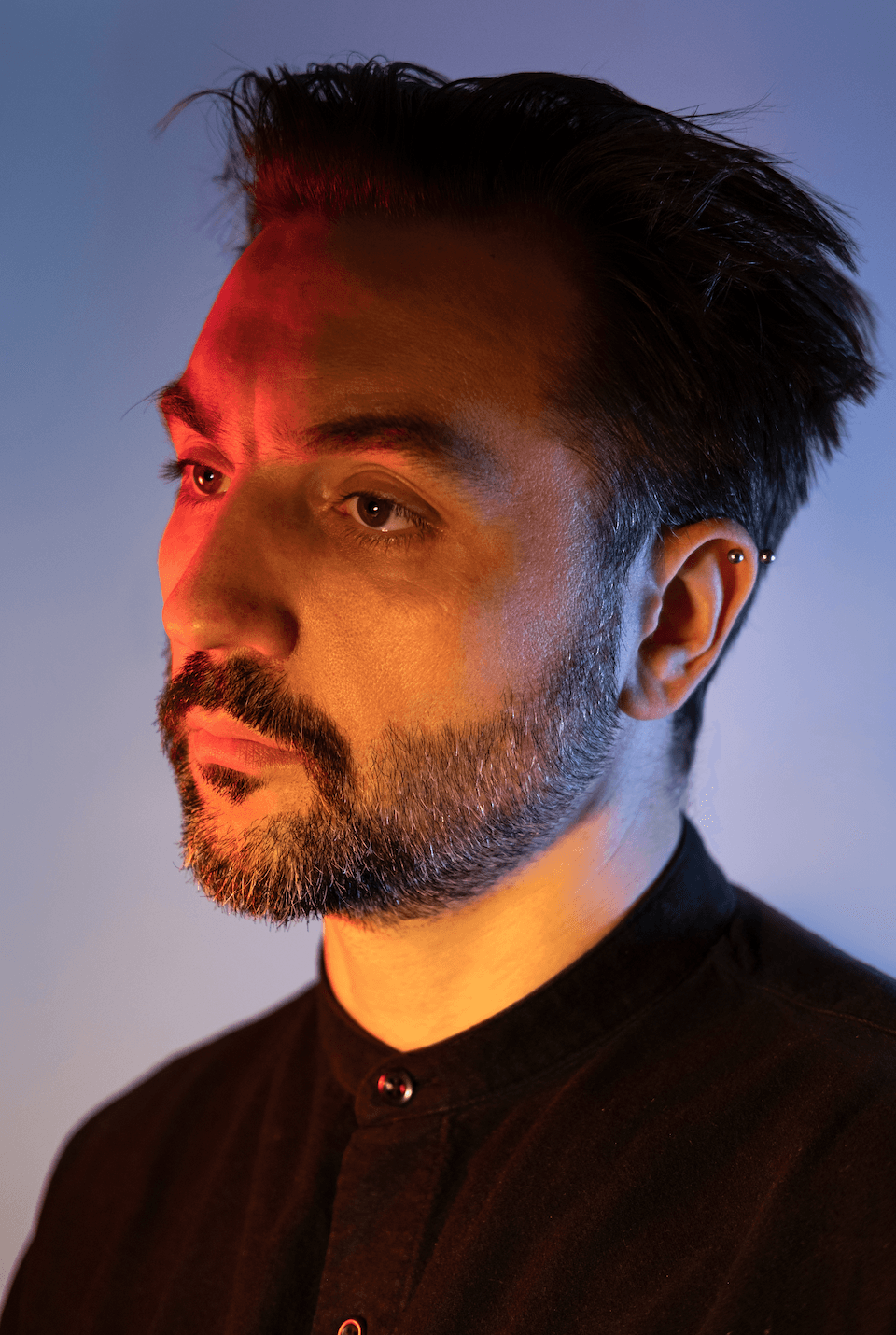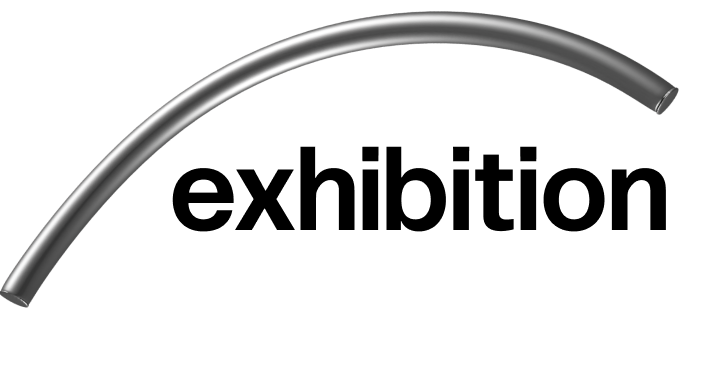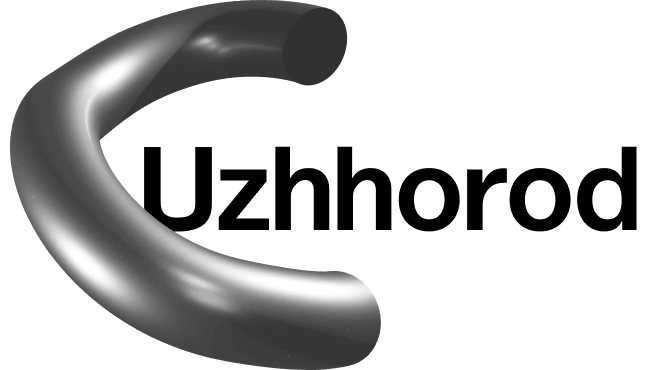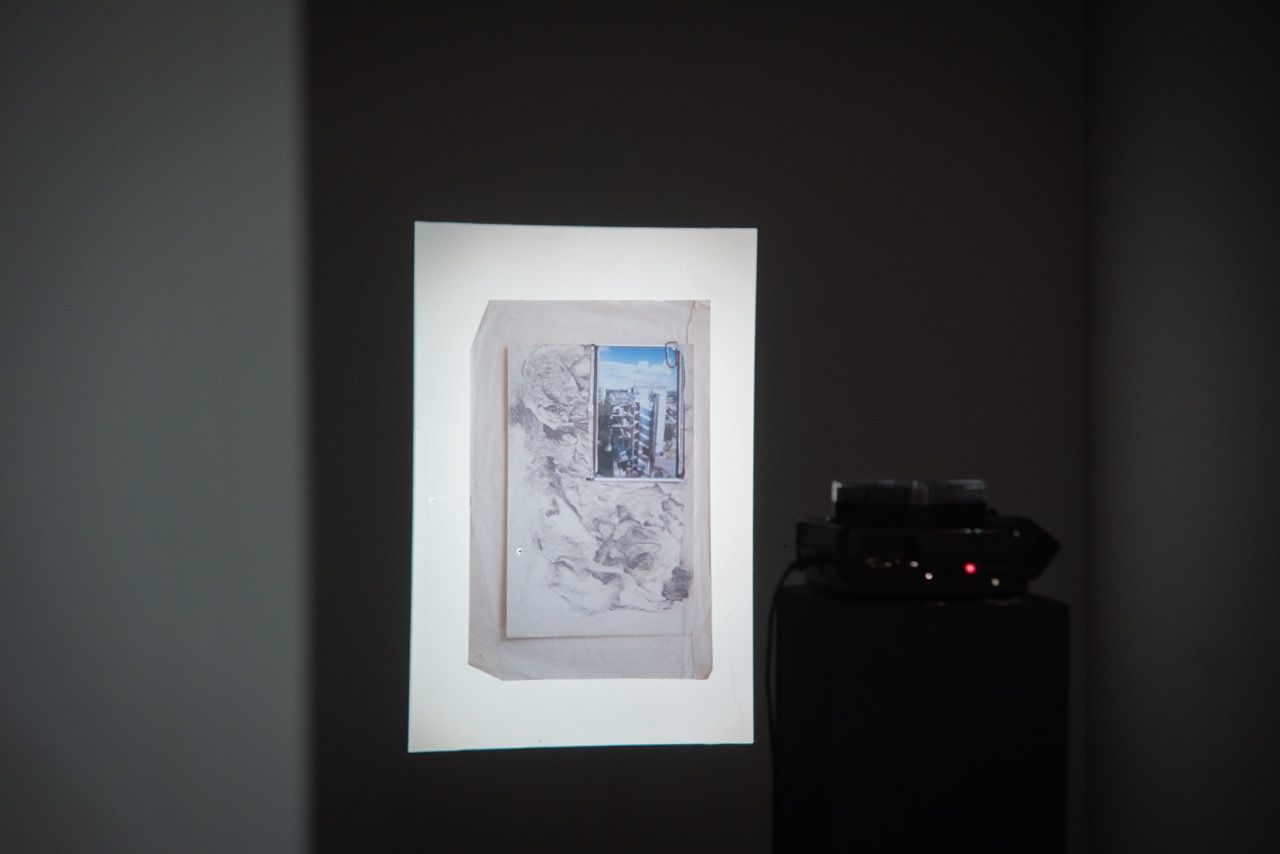Sasha Kurmaz
Sasha Kurmaz was born in 1986 in Kyiv, Ukraine where he currently lives and works. He is an interdisciplinary artist, and in his artistic practice he uses various media and approaches such as photography, video, public intervention, and situations, as well as diverse strategies to engage the audience through collaborative practice. He also actively experiments with found and archival images and develops conceptual artists’ books. The main focus of his work is social and political issues and global challenges that Ukrainian society has faced in recent years. Kurmaz's works have been widely presented at many international exhibitions and festivals, including exhibitions at the Latvian Museum of Photography (Latvia), Akademie der Künste Berlin (Germany), Künstlerhaus Vienna (Austria), Deichtorhallen Hamburg (Germany), NRW-Forum Düsseldorf (Germany), Museum Folkwang, Forum Stadtpark (Austria), C/O Berlin (Germany), Skovde Art Museum (Sweden), Zamek Ujazdowski (Poland), ZKM Museum of Contemporary Art (Germany), and many others. He was awarded the C/O Berlin Talent Award in 2016 (Germany), and Kazimir Malevich Artist Award in 2020 (Ukraine).

Red Horse
2022-2023,
Slide projection, 35mm slides
Since the beginning of the full-scale invasion, Sasha Kurmaz has been documenting his life during the war and the changes it undergoes due to the dramatic events. The Red Horse collage series combines the artist's photographs, notes, drawings, and found objects that he uses as working material. The diary format of these observations allows him to create not just a personal archive, but also a wartime document, and to record the experience of living through a collective trauma. The artist focuses on visual images of everyday life and the changes it faces under the pressure of external circumstances. He shares his thoughts, fears, and reflections on what consequences await us in the future, what it means to continue artistic practice during the war, and how it affects our perception of art.


Sorry No Rooms Available
October 8–November 12
Where Are We Now, After All Those Endlessly Repeated Words?
Curated by Petro Ryaska, Daria Shevtsova
